GardenSafe
Garden soil screening for Victorian residents with EPA Victoria
GardenSafe is open for samples from Victorian residents.
Waste and chemicals that pollute our air, soil and water can persist in the environment, and in our gardens.
GardenSafe is a soil screening program run by the Citizen Science team at Environment Protection Authority (EPA) Victoria. The one-year pilot aims to equip community with the knowledge and resources they need to understand backyard soil quality.
GardenSafe invites Victorians to send 3 garden soil samples for assessment. We will screen your sample for:
Garden soil quality indicators, including soil composition, organic carbon, and soil nutrients phosphorus and potassium.
Trace elements, including lead, arsenic and chromium.
In return, you will receive a personalised report with the results from your garden. We’ll also provide you with tools to understand your results and ways to reduce harm from pollution and waste.
The findings from GardenSafe will help to build EPA Victoria’s understanding of contamination, especially in urban areas.
Register here if you live in Victoria, Australia and would like to participate.
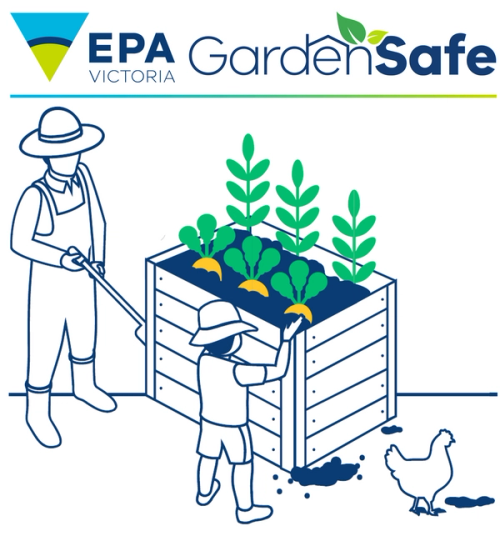
Garden soil testing
VegeSafe
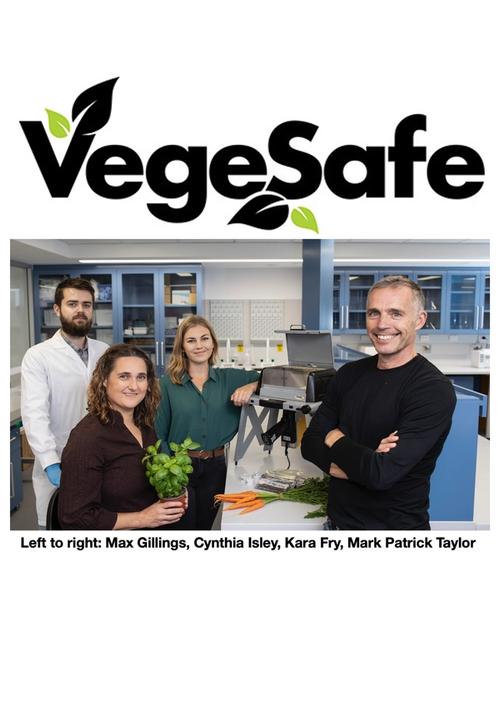
VegeSafe is a community science program run by Environmental Science staff at Macquarie University. VegeSafe is open to all Australians. Victorian residents are encouraged to go via GardenSafe, EPA Victoria which offers the same trace element analyses plus a few extras!
We seek to inform the community about metal and metalloid contaminants in their garden soil through our soil metal testing program. Participants receive a formal report with their soil results and are provided with links to information and advice about "what to do next" in the event of soils containing elevated concentrations of metals and metalloids.
We accept soil from all Australian states and territories.
We do not accept soils from overseas due to Australian quarantine regulations.
Our motto is "Carry On Gardening" because this is exactly what we want people to do - in the knowledge that their soils are metal free as is the produce from their gardens.
Since 2013, VegeSafe has been operating as a service to all Australians. In order to keep the program running and accessible to all, we ask for a small donation, starting from $20. This donation covers the time involved and the cost of soil analysis and laboratory consumables.
In 2021, we published the data we had collected from > 3,600 homes in the academic journal, Environment International. We found that 35% of these homes had one or more soil sample that exceeded the residential soil guideline for the neurotoxic trace element, lead (Pb).
Also in 2021, researchers at the University of Auckland and GNS, New Zealand launched their sister program: SoilSafe Aotearoa. New Zealand citizen scientists are invited to submit their soil for testing here.
Vacuum dust testing
DustSafe
The urbanisation of global populations has resulted in people spending up to 90% of their time indoors. Consequently, health exposure risks to environmental contaminants are dominated by indoor air particulates, like dust.
What's in your dust? Information on the composition and risks associated with house dust is largely absent. Further, there is limited information available to households on how to manage and reduce any identified risks.
DustSafe invites citizen scientists to submit their vacuum dust for analysis of contaminants of concern.
In return, you will recieve a report outlining the concentration of eight trace metals in your home: arsenic (As), cadmium (Cd), chromium (Cr), copper (Cu), manganese (Mn), nickel (Ni), lead (Pb) and zinc (Zn).
We have testing facilties in:
Australia (Macquarie University)
England (Northumbria University)
United States of America (Indiana University-Purdue University Indianapolis)
You can explore our findings on our global map: Map My Environment.
In order to keep the DustSafe program running and accessible to all, we ask for a small donation, starting from $20. This donation covers the cost of staff time and laboratory consumables to analyse one vacuum dust sample from your home.
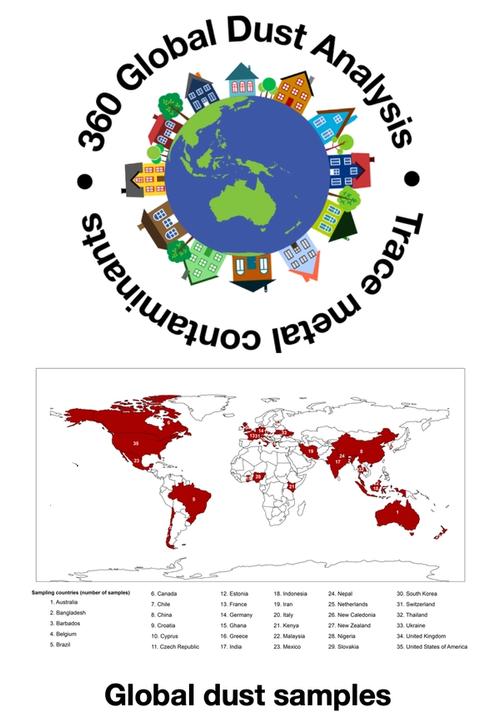
Citizen Science
Connect-Collaborate-Create
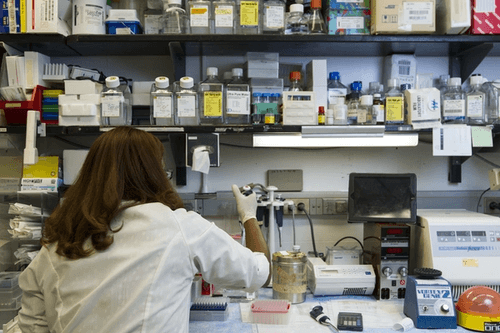
Through global citizen science collaborations, 360 Dust Analysis informs the community about the potentially harmful metals and other contaminants in and around their home.
We hope to help community better understand their environment through a hands on approach to science. Through this program, participants are exposed to real world scientific questions and contribute to ground breaking research while taking away useful information to live in healthier environments.
Map My Environment
View our global map
We want all of the citizen scientists involved in our work to be able to see what we are working on, as we work on it.
MapMyEnvironment is one of the ways that we do this.
Every sample that we have ever analysed is on this map. Zoom to your neighbourhood, or swivel to somewhere new like Ghana or New Caledonia.
Explore more: www.MapMyEnvironment.com.
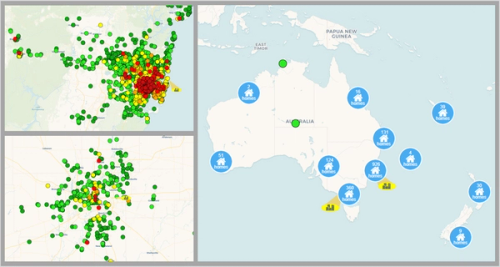
Principal Researchers
Our team consists of a number of researchers distributed around the globe
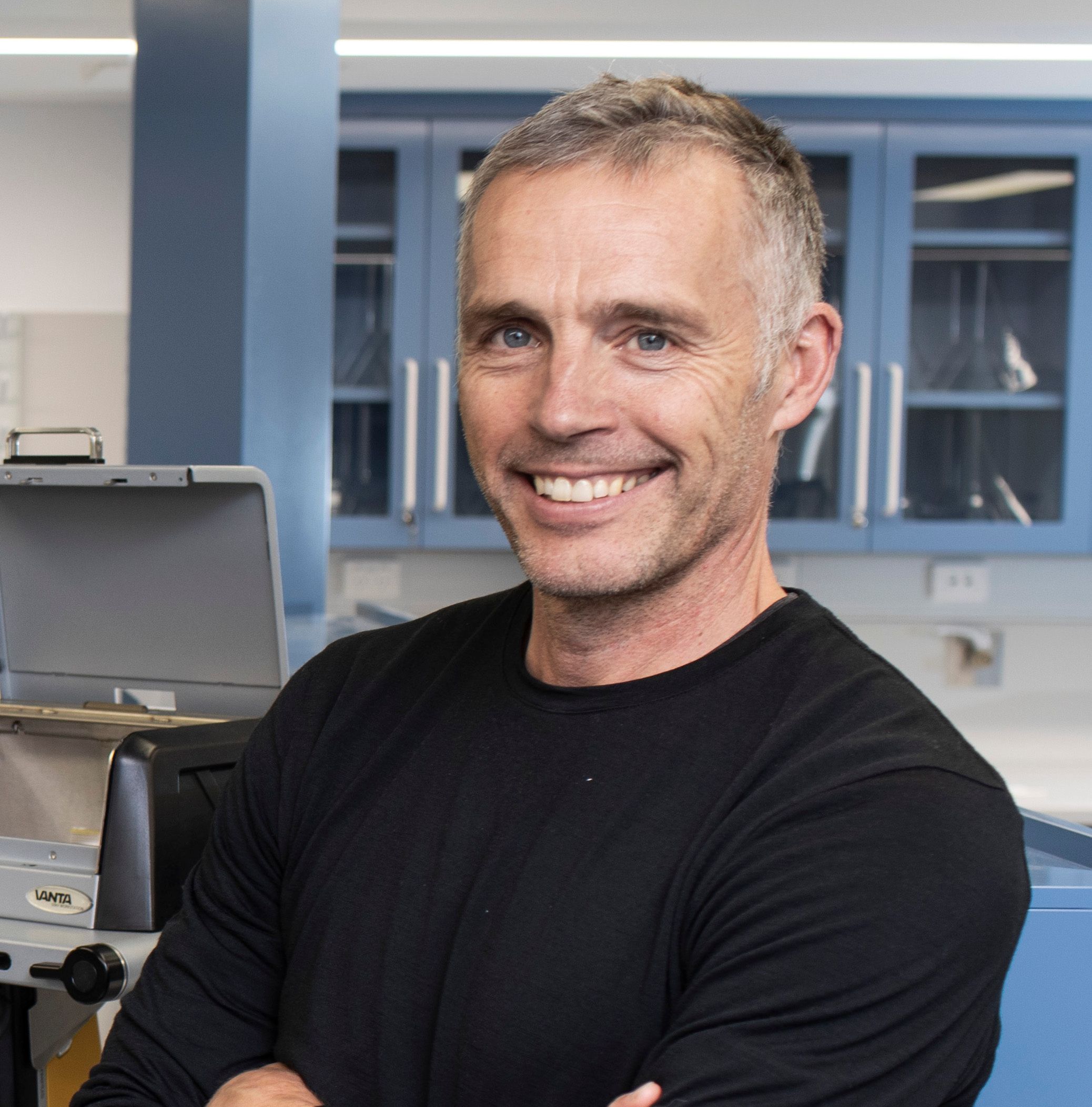
Mark Patrick Taylor
Professor
Chief Environmental Scientist, Environment Protection Authority, Victoria. His research program investigates environmental pollution and risks to human health from aerosols, dusts, sediments, soil and water.
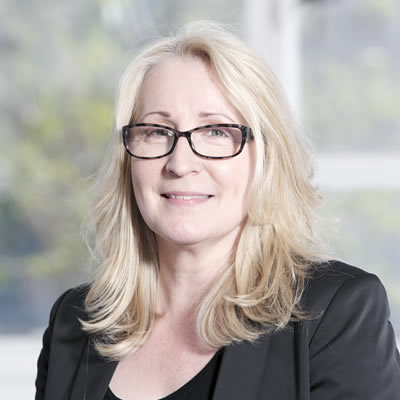
Jane Entwistle
Professor
Professor of Applied Geochemistry and Health at Northumbria University. Her research investigates environment and health interactions and she is particularly interested in the bioavailability of potentially harmful elements in the environment.
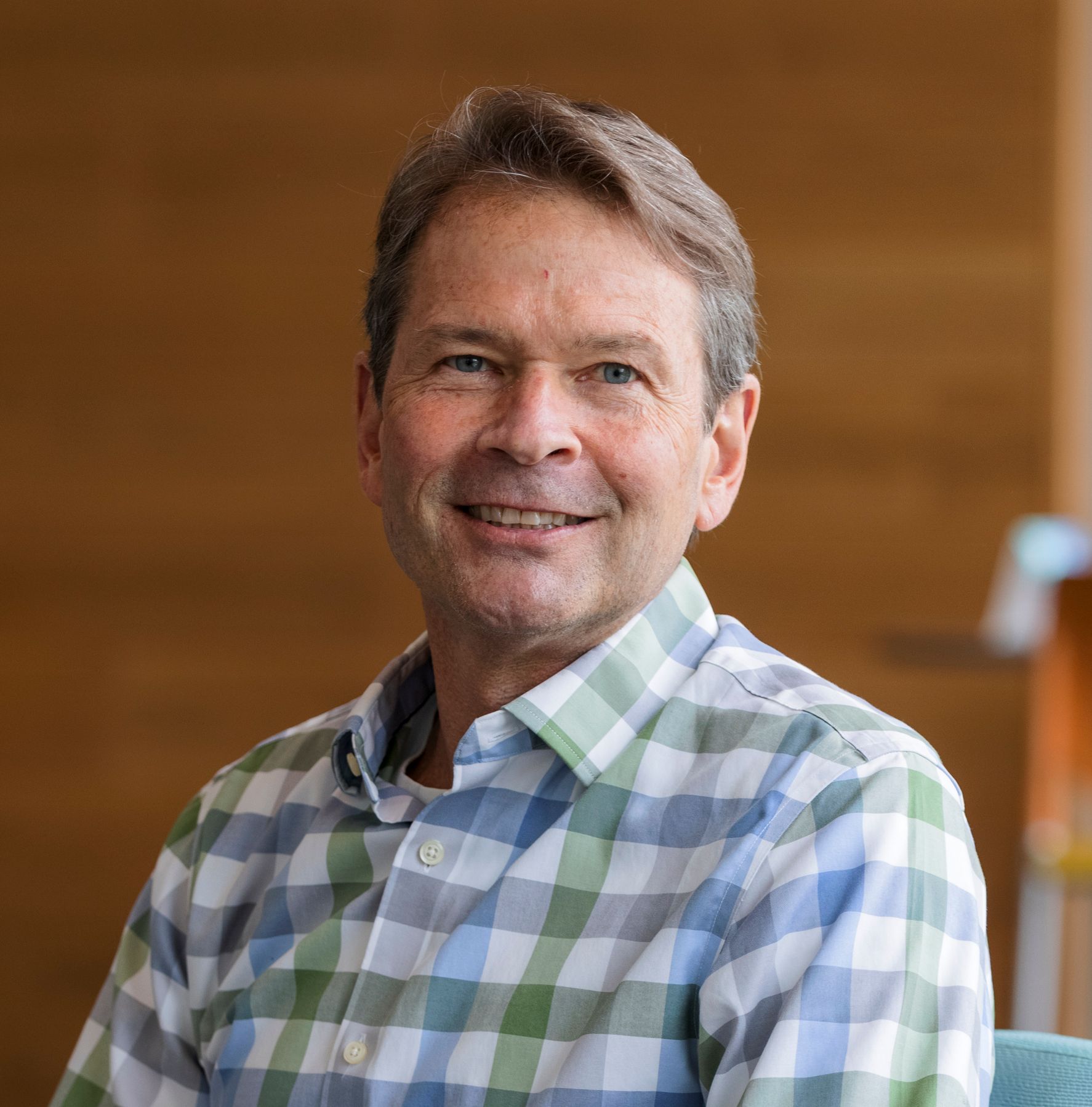
Gabriel Filippelli
Professor
Professor of Earth Sciences at Indiana University-Purdue University Indianapolis (IUPUI). He is a Biogeochemist with several decades of experience in determining contaminant transport and human exposure and is also an Associate Editor for Applied Geochemistry and the Editor-in-Chief for GeoHealth.


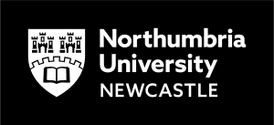
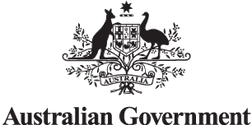
ABOUT US
The 360 Dust Analysis program is a global research initiative to collect and analyse data on contaminants of concern that may be harmful to human health in homes and gardens..
CONTACT US
dustsafe@mq.edu.au
gardensafe@epa.vic.gov.au
ee.dustsafe@northumbria.ac.uk
LOCATIONS
Macquarie University, NSW, Australia.
Environment Protection Authority, VIC, Australia.
Northumbria University, Newcastle, United Kingdom.
IUPUI, Indianapolis, United States.